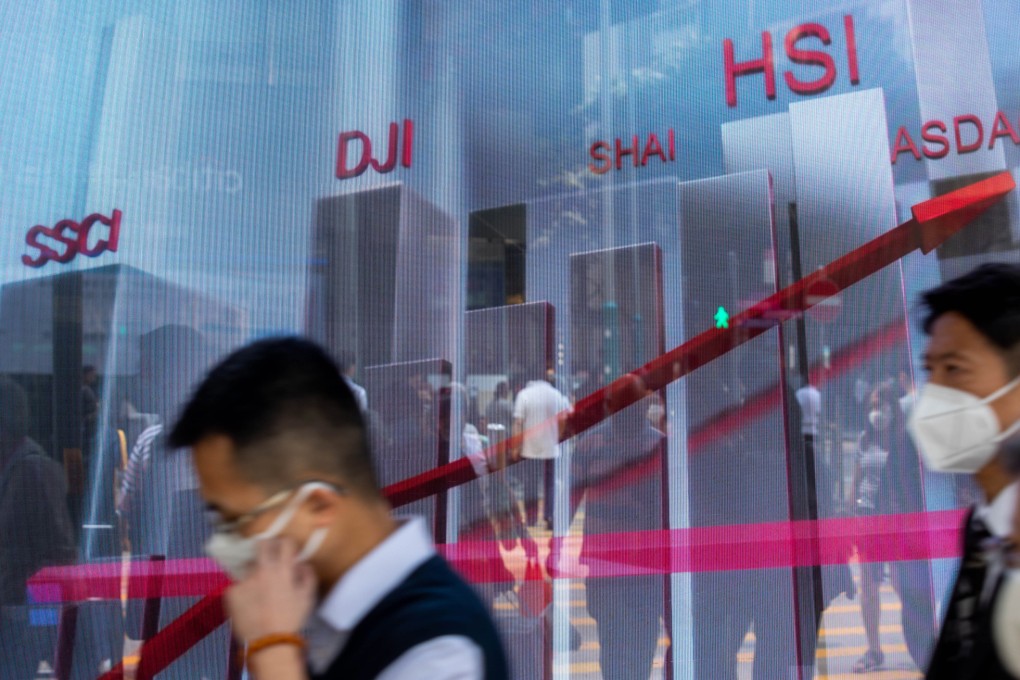Advertisement
The View | After the Chinese stock rout, here are two glimmers of hope
- While Beijing’s close ties to Moscow have fanned fears that Chinese firms could be hit by Western sanctions, the war has exposed the limits of the China-Russia relationship
- Moreover, the economic and financial fallout of the war will accelerate the shift towards looser policy
Reading Time:3 minutes
Why you can trust SCMP
2

There have been many headwinds bearing down on Chinese stocks over the past year. This is why the underlying cause of the dramatic sell-off at the beginning of this week is hard to pinpoint.
Was it mostly attributable to reports that, according to the US, China’s government had indicated a willingness to provide military aid to Russia after its invasion of Ukraine, or did it have more to do with Beijing’s draconian measures to contain the country’s biggest Covid-19 outbreak since the pandemic began?
Then again, given that technology shares bore the brunt of the declines, were escalating tensions over US-listed Chinese companies the main culprit?
Advertisement
Regardless of which of these factors contributed most to the sell-off, the geopolitical fallout from Russia’s invasion of Ukraine exacerbated the selling pressure. China has emerged as the biggest casualty of the spillover effects of the war on global equity markets.
On Monday, the Hang Seng China Enterprises Index, a gauge of mainland Chinese shares listed in Hong Kong, plunged 7.2 per cent, its sharpest daily fall since the depths of the 2008 global financial crisis.
Advertisement
Advertisement
Select Voice
Select Speed
1.00x

